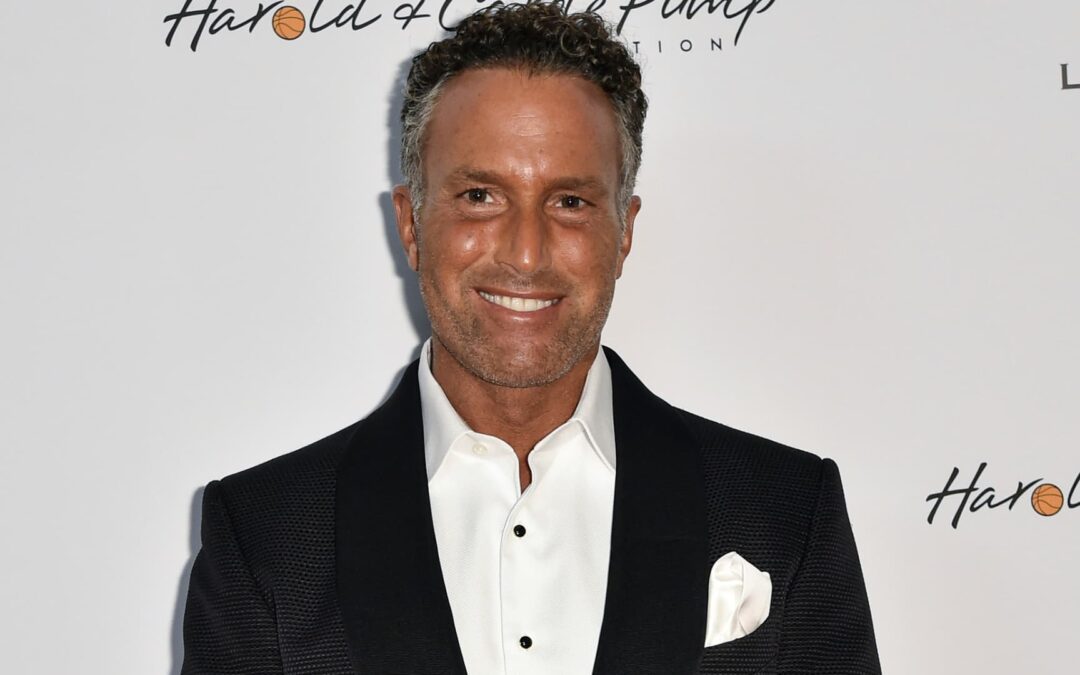FILE – In this Aug. 7, 2015 file photo, Philip Esformes arrives at the 15th Annual Harold and Carole Pump Foundation Gala held at the Hyatt Regency Century Plaza, in Los Angeles.
Rob Latour | Invision | AP
The Supreme Court has refused to hear an appeal from Florida nursing home owner Philip Esformes, whose 20-year prison sentence for a $1.3 billion Medicare fraud scheme was commuted by then-President Donald Trump in late 2020.
The high court’s action earlier this week sets the stage for Esformes — whom an FBI agent once said was “a man driven by almost unbounded greed”— to be re-tried in Miami federal court on six health-care criminal charges that jurors at his first trial deadlocked on.
If he is convicted, the Supreme Court is likely to be asked to rule whether the case should be tossed out because of Trump’s clemency and another issue.
The Department of Justice’s insistence on retrying Esformes on those deadlocked charges after his criminal sentence was commuted is highly unusual — and possibly unique — in American legal history, and has raised claims that the DOJ is motivated by animus against Trump.
A group of Republican former attorneys general, and an ex-FBI director have supported Esformes’ efforts to have the case dropped.
A lawyer for Esformes had no immediate comment on the Supreme Court’s refusal to hear his appeal. The DOJ and the prosecutor overseeing Esformes’ case did not immediately return a request for comment.
Whether Esformes will be retried remains to be seen.
In a joint court filing Thursday, prosecutors and Esformes’ attorneys asked a judge to postpone a scheduled teleconference in the case from next Monday to late January.
The filing said, “The parties have initiated dialogue concerning issues inherent in this matter, and wish to have the opportunity to continue such dialogue.”
“In light of the upcoming holidays, and complexity of certain issues under discussion, the parties respectfully request that the Court continue the status conference in this matter to January 29,” the filing said.
CNBC has asked Esformes’ lawyer if that language refers to actual or potential plea talks.
In its action this week, the Supreme Court denied Esformes’ request that it review an 11th Circuit Court of Appeals ruling in January upholding his conviction in the first trial on charges including fraud, money laundering, and receiving illegal kickbacks.
As is typical in such petitions, the Supreme Court did not explain why it would not hear the challenge.
Lawyers for Esformes had unsuccessfully argued to the 11th Circuit appeals court that the case should be dismissed because of prosecutorial misconduct that occurred before his trial. Esformes also had unsuccessfully challenged a judge’s order that he pay $44 million in fines and forfeiture.
The 11th Circuit in its ruling had said it did not have jurisdiction — yet — to decide whether the DOJ’s decision to retry Esformes on the hung counts was bared by Trump’s grant of clemency to him.
Esformes’ lawyers had argued that a retrial would violate Trump’s clemency action, as well as the double jeopardy clause of the U.S. Constitution.
But a panel of judges on the 11th Circuit ruled that because Esformes has not yet been convicted on the hung counts, it would be premature to decide whether the prosecution is barred by the issues his attorneys have raised.
There is no federal law saying prosecutors cannot retry a defendant on charges a jury deadlocked on after a president commuted their sentence for other counts on which they were convicted. And no federal court has addressed that question.
The DOJ has said in court filings that Trump’s commutation of Esformes’sentence applies only to the counts on which he was convicted.
Prosecutors also have said that if Trump wanted to pardon him on the hung counts he would have said so, noting that “on the same day President Trump commuted Esformes’s prison sentence, he issued 15 pardons, each of which stated he was granting a ‘full and unconditional pardon’ to the recipient.”
Esformes was convicted in 2019 of 20 criminal counts related to what the DOJ said was the largest health-care fraud scheme ever prosecuted by the department.
The DOJ said that over two decades Esformes and his co-conspirators cycled thousands of Medicare and Medicaid patients through a network of nursing and assisted living facilities despite the fact they did not qualify for such care.
With the proceeds of the scheme, prosecutors said, Esformes funded a lavish lifestyle that included $1.6 million Ferrari Apera automobile, a $360,000 Greubel Forsey watch, and the services of female escorts.
Prosecutors also have said Esformes paid $300,000 in bribes to Jerome Allen, the then-coach of the University of Pennsylvania’s men’s basketball team, who helped get Esformes’ son admitted to the university’s Wharton School of Business by falsely claiming he was a prized basketball recruit.









